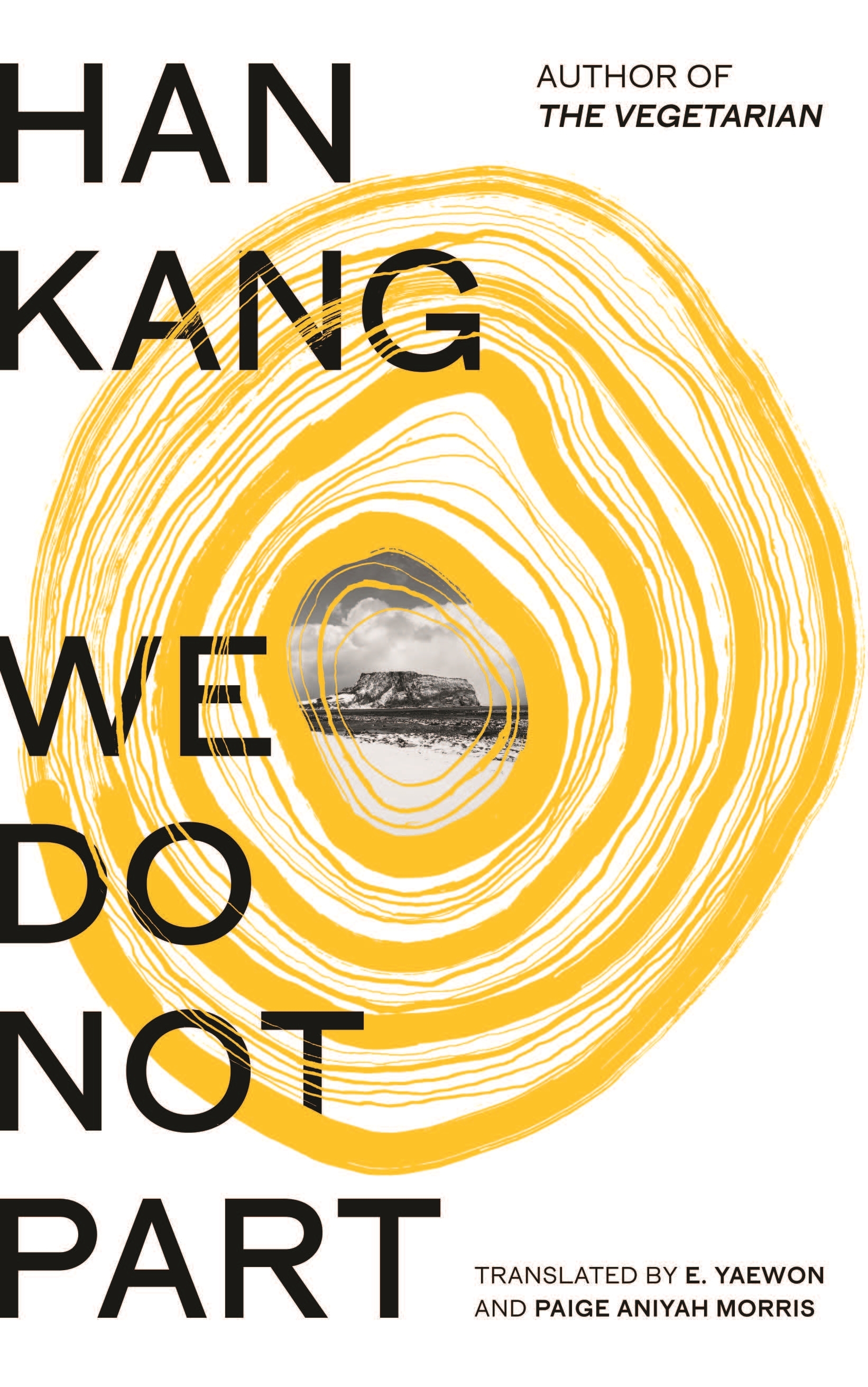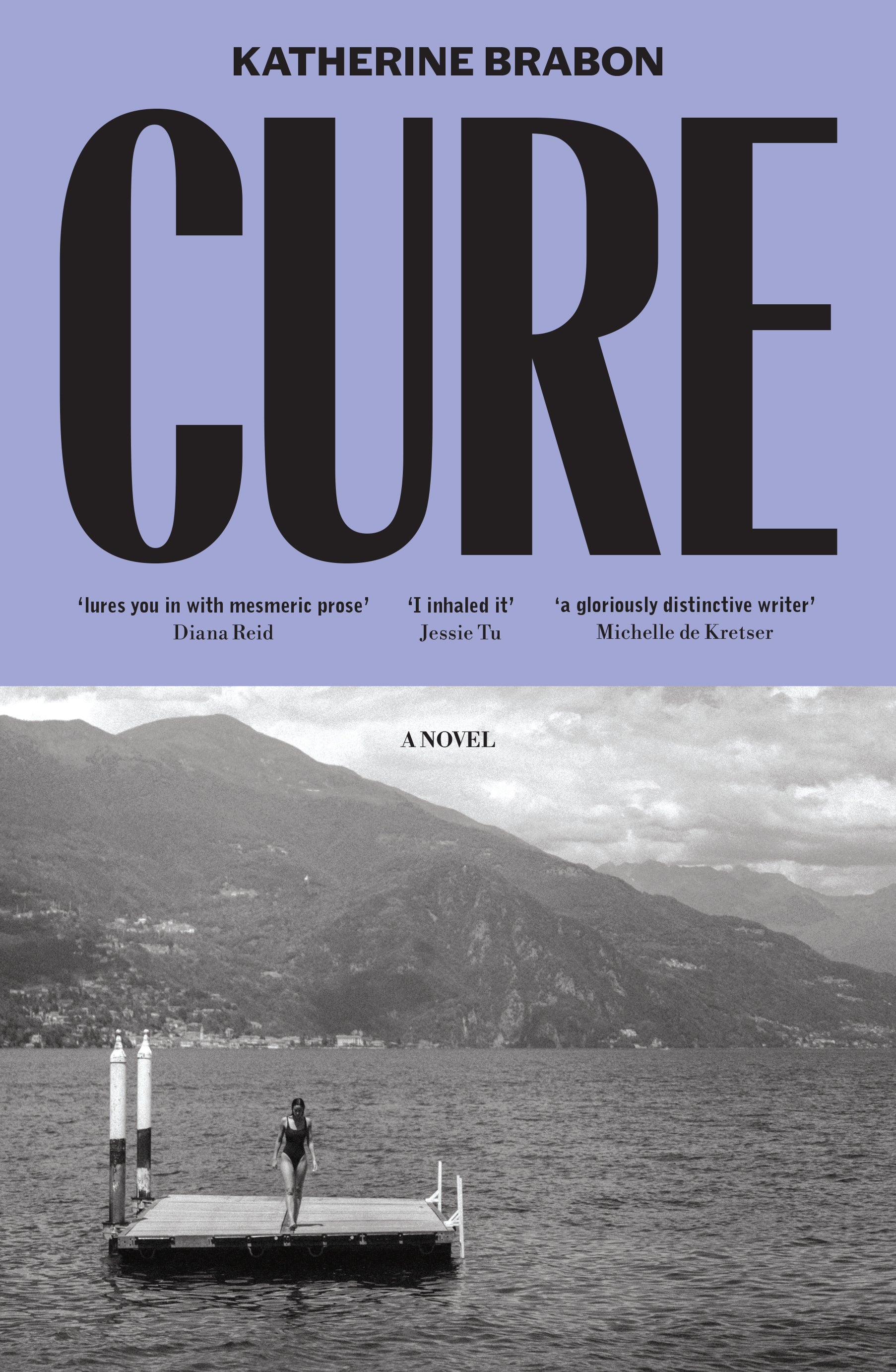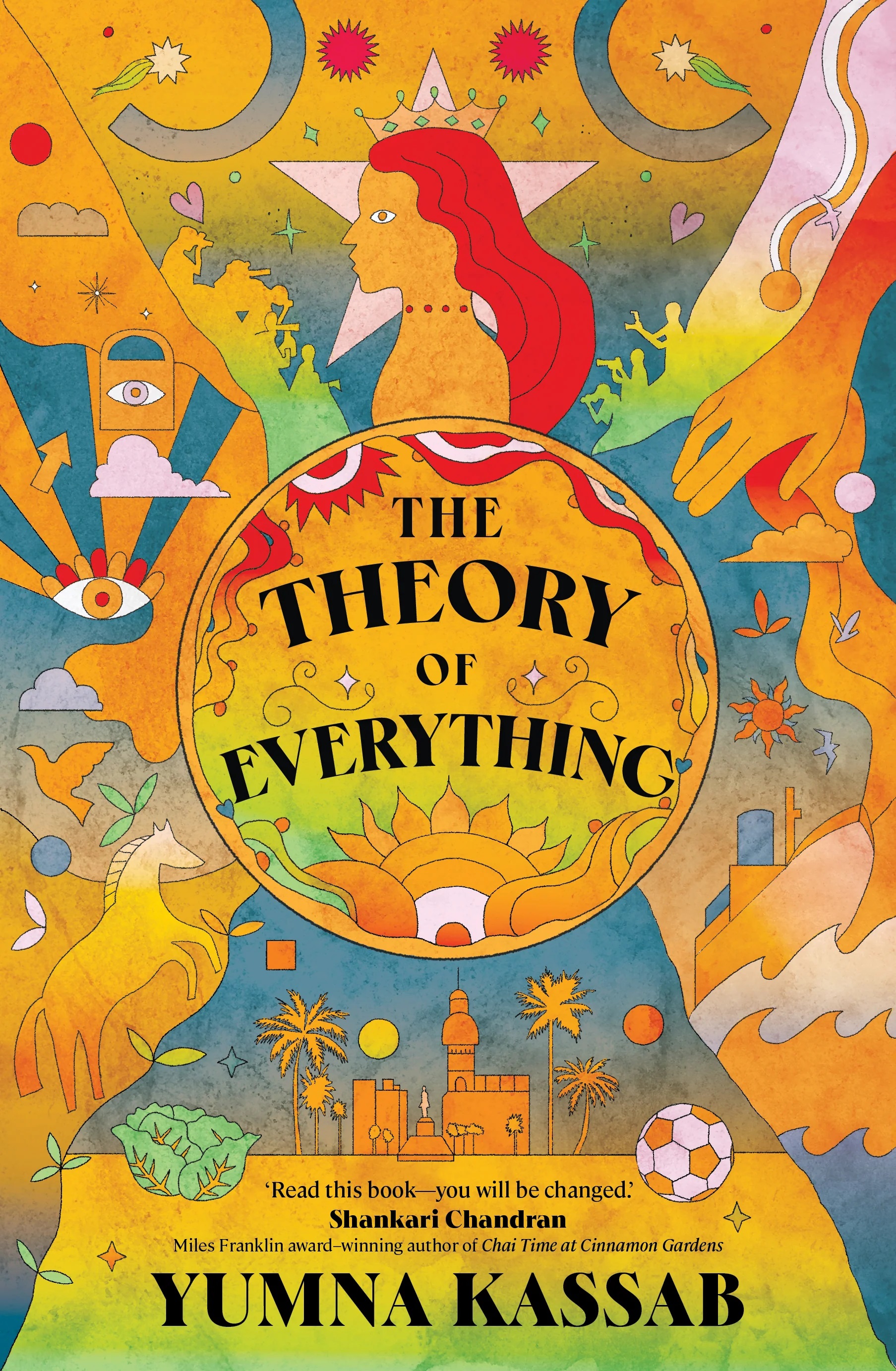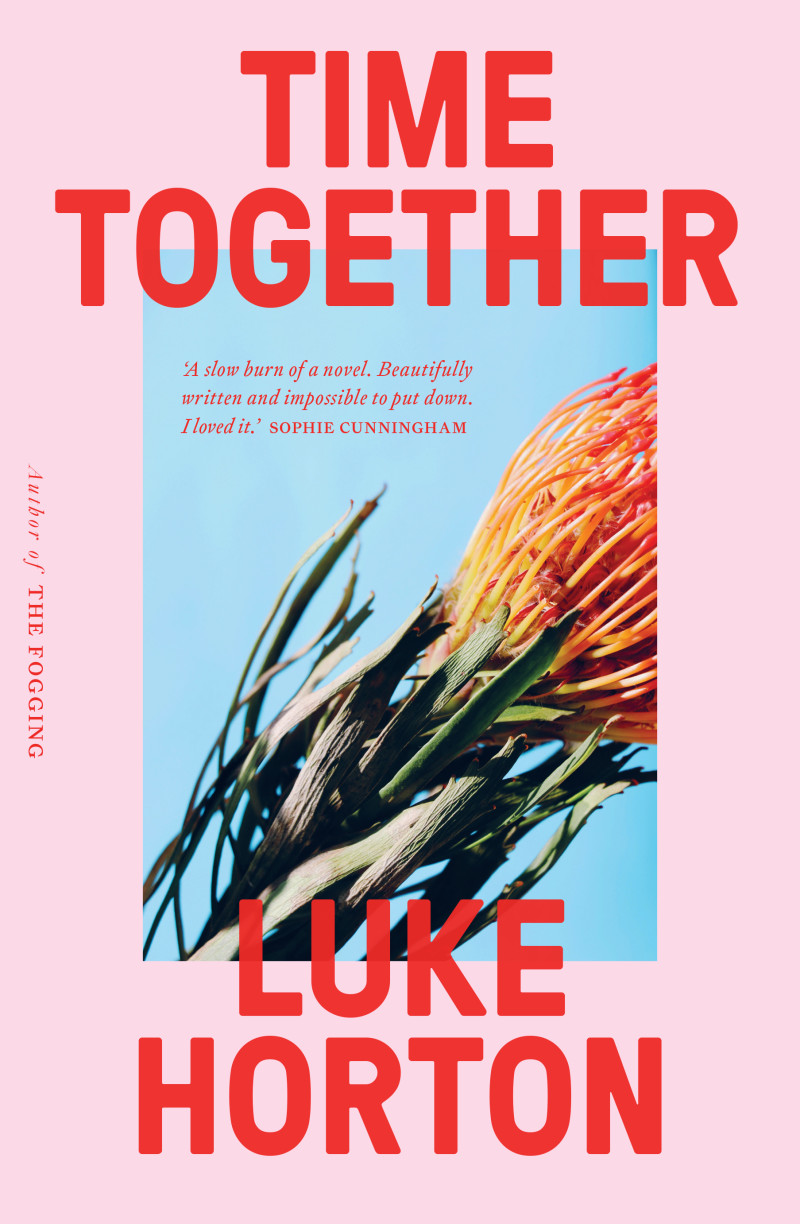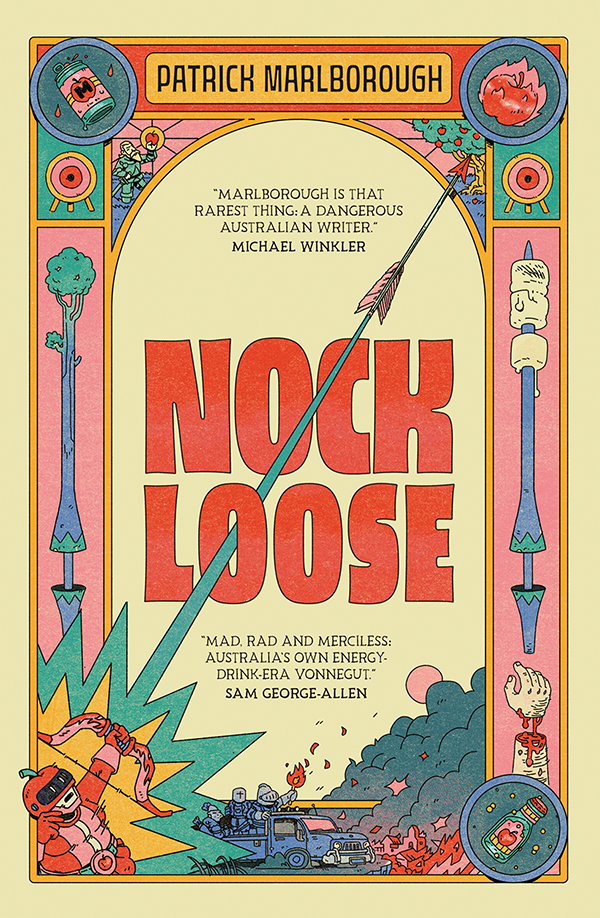Fiction
We Do Not Part, the most recent novel by Nobel laureate Han Kang, is an intriguing synthesis of topics, themes, and structures which have threaded through her writing since the publication of The Vegetarian (2007). As in her earlier work, We Do Not Part blends lyricism and violence to depict the psychological suffering of a female protagonist who strives to comprehend the trauma buried deep in the psyche of Korean society. Kyungha, the primary narrator, is the author of books with a socio-historical foundation and has been afflicted with mental distress – nightmares, migraines, and insomnia – since completing a book about a massacre of Korean civilians by the military government. Readers will identify similarities between Kyungha and Han Kang herself, and with her book Human Acts (2014), the highly acclaimed novel about the 1980 massacre in Gwangju.
... (read more)‘Sixteen, a sick bed.’ This lyrical refrain loops through Katherine Brabon’s fourth novel, Cure, capturing the cyclical, never-ending essence of living with chronic illness. You can be anything, anyone, anywhere, but it always comes back to these facts, this bed, this body.
... (read more)The War Within Me is the second book in Tracy Ryan’s trilogy on the Queens of Navarre, a kingdom precariously sandwiched between the powerful monarchies of France and Spain. In 1512 Navarre had lost much of its territory to Spain; its continued survival thereafter depended upon a complicated diplomatic dance with the French court. The first book in Ryan’s series followed the life of Marguerite of Angoulême, sister of François I of France, who married Henri II of Navarre in 1526. Now Ryan turns attention to their only daughter, Jeanne d’Albret, who succeeded to the throne after her father’s death in 1555.
... (read more)The Nights Are Quiet in Tehran by Shida Bazyer, translated from German by Ruth Martin
It would diminish this novel to describe it as ‘timely’. ‘Timeless’ is nearer the truth. The risk of a catastrophic breaking out involving Iran is a symptom of decades of tragedy, which novelist Shida Bazyar has conveyed here with a rare balance of vivid social realism and intimate introspection. The results are masterful.
... (read more)Billing itself as a ‘gay Bildungsroman’, Thomas Vowles’s Our New Gods follows Ash, a young man with a dark past, in his move from rural Western Australia to the ultra-hip enclaves of Melbourne’s Inner North. Ash immerses himself in the city’s queer scene and soon finds himself in a viper’s nest of sexual and emotional entanglements. First up is his new friend James, a rich blond Adonis; James is in an open relationship with the volatile Raf; Raf has a connection with a troubled soul called Booth.
... (read more)One of the advantages of the novel, and a major reason for its endurance into this messy century, is its elasticity. The novel’s willingness to contain a multiplicity of forms can defeat even the most radical attempts to shatter its structure. Another, perhaps contradictory advantage of the novel is its capacity for direct insight, opening a portal into another human mind at a particular time in human history.
... (read more)‘Maybe narrative structures didn’t work at all in the world of nature, the real world. Story arcs, character development. Maybe that was part of the problem – our need to make everything a stupid story, to narrativise, when really all this wasn’t a “story” at all. It was something else altogether.’
... (read more)This week on the ABR Podcast, Felicity Plunkett reviews new collections of Antigone Kefala’s poetry and fiction, observing that the belated recognition of this major Australian figure suggests that Kefala has moved beyond the designation ‘migrant writer’.
... (read more)For a long time, Antigone Kefala was thought of as a migrant writer. This lens confined discussion of her work to the territory of biography and witness and obscured the migratory poetics of the writing itself. In her spare, bristling poems and candid journals, and across her non-fictional prose and fiction, Kefala’s restive work hinges on precision and vision.
... (read more)Australia is a weird place. A backwater colonial outpost settled by racist squatters and their indentured convict servants, it is a country forever defined by its isolation, in every sense, from the rest of the world. Faster than Barron Field could say ‘kangaroo’, an Empire crashed onto the shores of the First Peoples who had been cultivating a narrative tradition since time immemorial, and set about writing a (manifest) destiny of its own.
... (read more)

